SUMMARY
This is AI generated summarization, which may have errors. For context, always refer to the full article.
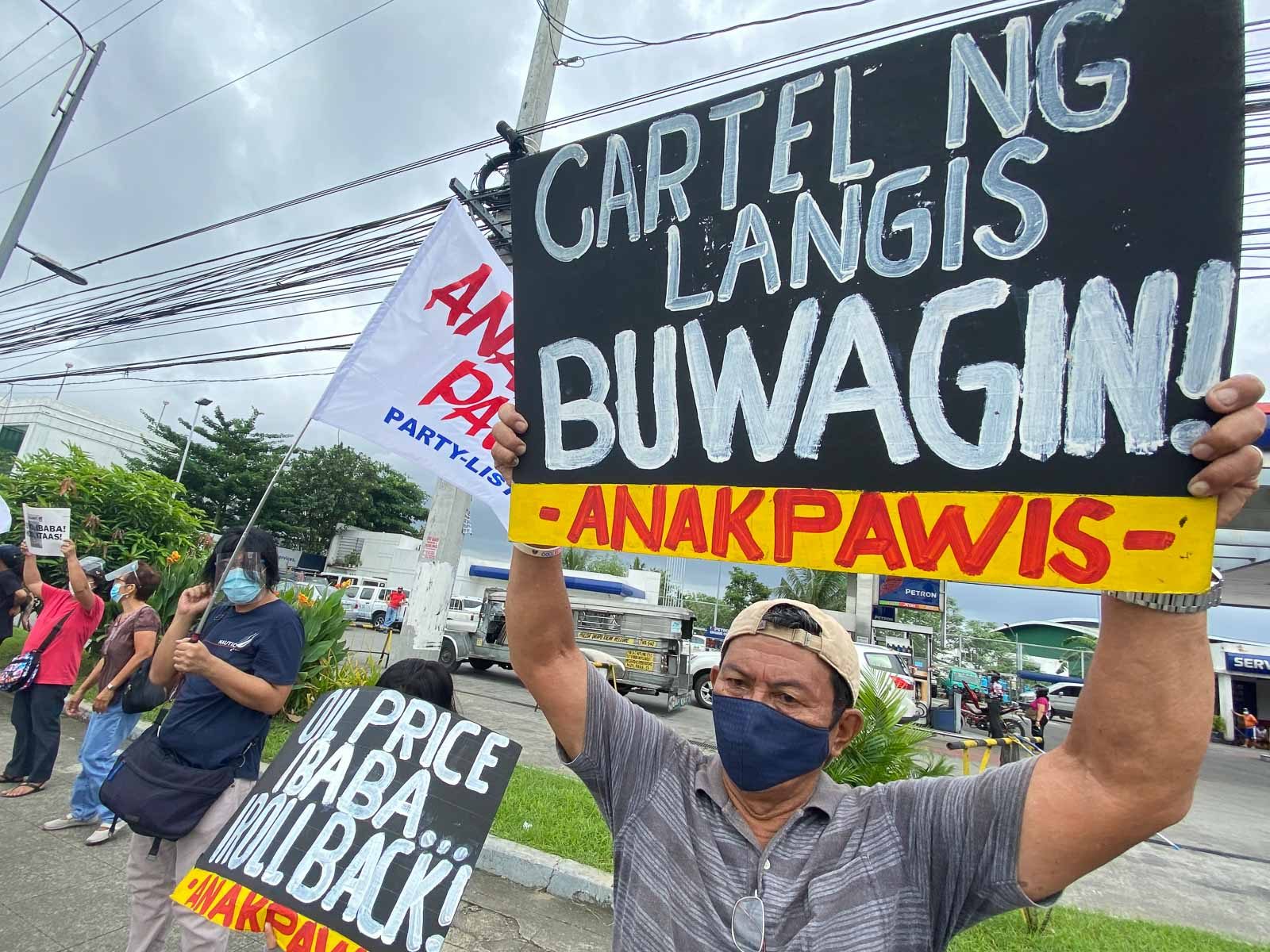
The Philippines may suffer substantial revenue losses amounting to P131 billion in 2022, should the government heed calls to suspend the imposition of excise taxes on petroleum products.
In a memorandum to Finance Secretary Carlos Dominguez III issued Wednesday, October 20, Finance Undersecretary Antonette Tionko said that any suspension on the imposition of excise taxes “should be appropriately studied” as it may impact the government’s budget for COVID-19 measures.
Energy Secretary Alfonso Cusi earlier proposed that the Department of Energy be given the authority to suspend the excise tax on fuel, as global oil prices rise.
The rise in oil prices in the global market, alongside the Tax Reform for Acceleration and Inclusion or TRAIN Law by the Duterte administration, which slapped duties amounting to P10 per liter on gasoline and P6 per liter on diesel, has caused prices of goods to rise as the pandemic wiped out jobs.
The TRAIN law currently has no provision that can automatically roll back the imposition of higher taxes.
It used to have a safety net feature against price shocks that suspends the imposition of new taxes, should crude oil prices reach $80 per barrel. This feature lapsed in 2020, when the final tranche of tax increases were imposed.
Tionko said that the DOE can only be granted powers to suspend through legislation.
“[A]ny suspension of excise taxes should be appropriately studied as the revenue to be foregone is substantial and may affect the government’s budget for COVID-19 recovery measures,” Tionko said.
Inflation, so far, has stayed at or above 4%.
Winter is coming
In a research note, ING Bank Manila senior economist Nicholas Mapa said that global oil prices, unfortunately, will remain elevated, going into the “winter months,” with countries moving to secure energy supplies for heating.
Moreover, optimism over economic reopening may also drive up prices.
Mapa further explained that supply constraints, particularly on fish, vegetables, and transportation, will likely put further pressure on inflation.
“[I]n the near term, we could see inflation spike anew in October as supply side bottlenecks mount with so hope for a normalization by year end to carry on to the [first quarter of 2022,” Mapa said.
Mapa said that long term planning for food security with investments under an affordable interest rate environment will be needed for inflation to be restrained in the medium term. – Rappler.com
Add a comment
How does this make you feel?
![[ANALYSIS] Bakit napakamahal ng mga bilihin? Ano’ng solusyon?](https://www.rappler.com/tachyon/2021/10/inflation-goods-sq.jpeg?fit=449%2C449)
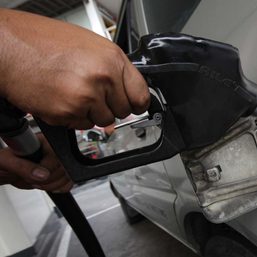
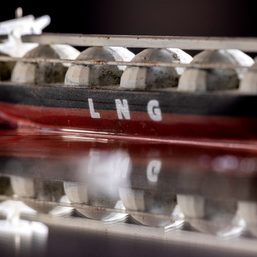



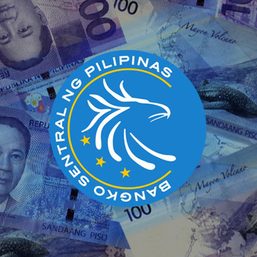


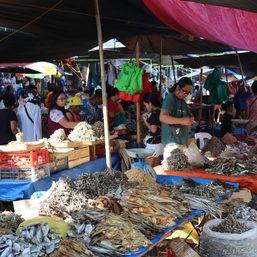
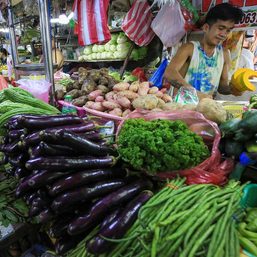
There are no comments yet. Add your comment to start the conversation.